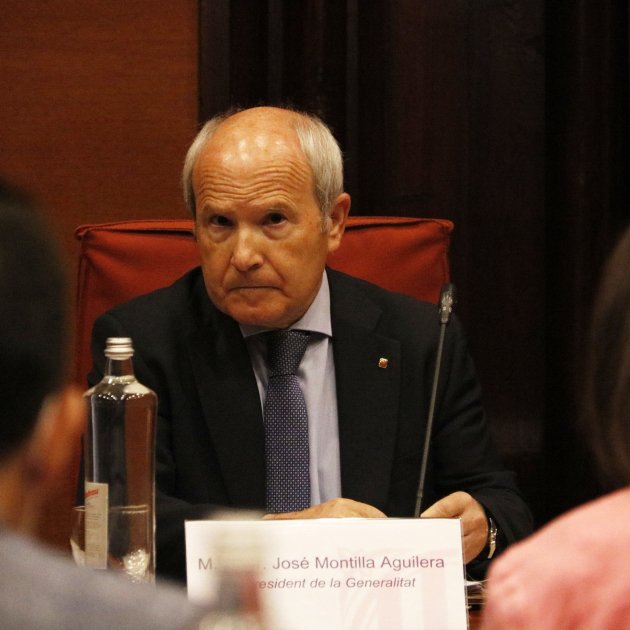Former president José Montilla, the Socialist (PSC) leader who headed Catalonia's tripartite left-wing government from 2006 to 2010, believes that the Catalan language is not at risk and considers that the latest indicators are favourable for the language. Furthermore, he believes that if Catalan goes into linguistic decline or becomes less used, it is because of the independence movement and its politics: "The rhetoric of some pro-independence activists causes the public to move away from their commitment to our language. Those who convert the cause of normalization of Catalan into another piece of the pro-independence argument, achieve counterproductive effects. I'm not saying that the problems of Catalan are a consequence of the independence process, but I have no doubt that the agitation of these years has done more harm than good," he said on Friday at the opening of a conference organized by the PSC's Fundació Rafael Campalans to debate the language and build "new consensuses".
In his speech, Montilla also sought to play down the extent of the difficulties facing the Catalan language, comparing it to so many others: "The problem of the social use of Catalan is equal to the problems of any small European language, which all must compete with major international languages," he commented, while remarking that going against Castilian (or Spanish) will not solve the problems of Catalan. Prior to these statements, Montilla took a look back and emphasized how Catalonia has been able to preserve Catalan, which he considers to be "a cause for collective pride", and ruled that the good health of Catalan requires people who speak it naturally and without insistence, and also greater support from the public authorities "because it is a language that lives in inferior conditions to Castilian, even today". In this regard, he praised the social consensus in favour of the language that was built, which he assured has been very beneficial, and called for the use of the language not to be a source of confrontation.
The former Catalan president believes that those consensuses have now been weakened: "If in the 80s we were able to prevent the division of the school system for linguistic reasons, we are also now capable of contributing decisively to the renewal of these consensuses," he asserted, affirming that the current judicialization, centred on the war for the imposition a quota of 25% of teaching hours in Castilian, should never have taken place, because the matter should have been resolved in the administrations.
"We have to work to regain an equilibrium that we can't afford to lose. Catalan needs support and consensus. Catalonia needs serenity and coexistence", and after reviewing some official Catalan statistics - while ignoring recent data showing a decline in the social use, and the low level of Catalan used by young people in Barcelona - said that it should not be permitted for people about the "risk of survival" of the language. However, he emphasized that the percentage of people who wanted to speak two languages was increasing and that "Catalan society is bilingual and wants to remain bilingual".
Two days of debate
The PSC conference has been promoted by the Fundació Rafael Campalans with the aim of gathering linguistic references to address “the renewal of the consensus for the language in Catalonia”. Spread over two days, this Friday's programme features discussion on language learning in schools, the current regulatory framework in linguistic matters, and the question of whether the social use of Catalan is declining, also looking at the latest indicators. On Saturday, there will be discussion on the languages in literature, and the possibility of an agreement to renew the linguistic consensus in Catalonia will also be debated. Speakers taking part will include the former lawyer to the Catalan Parliament, Antoni Bayona; the former Catalan education minister, Irene Rigau; a former member of the unionist group Societat Civil Catalana, Fernando Sánchez-Costa; and other writers, teachers, professors and journalists.
